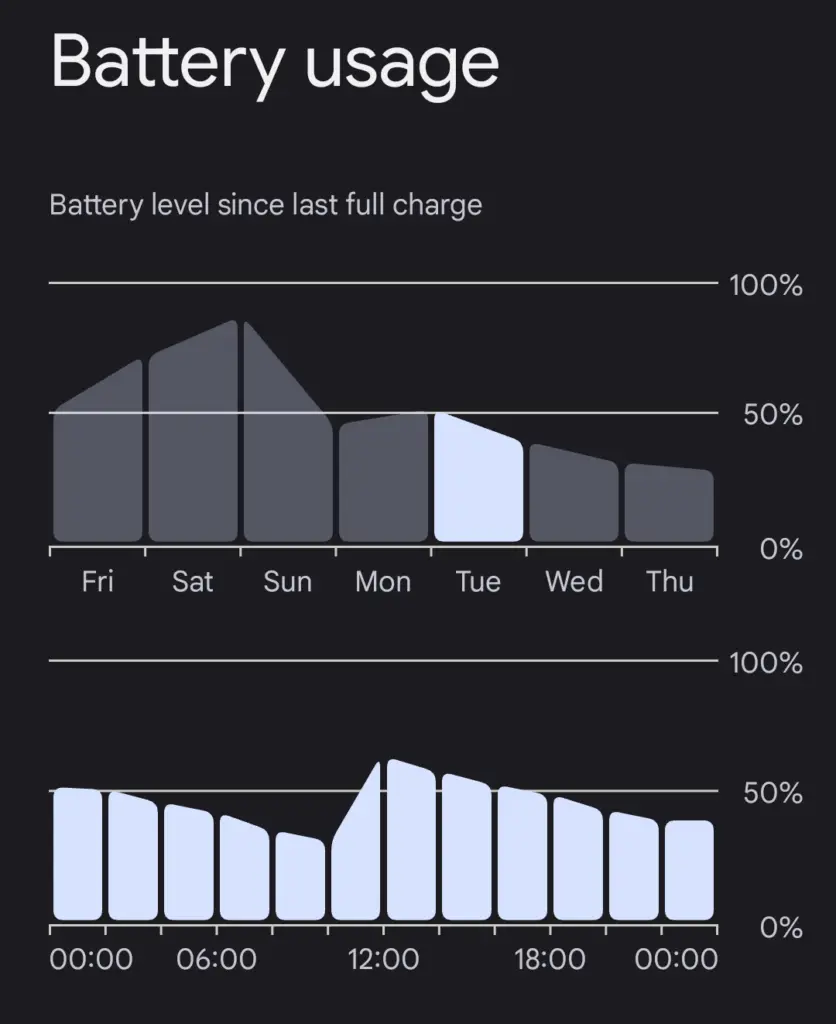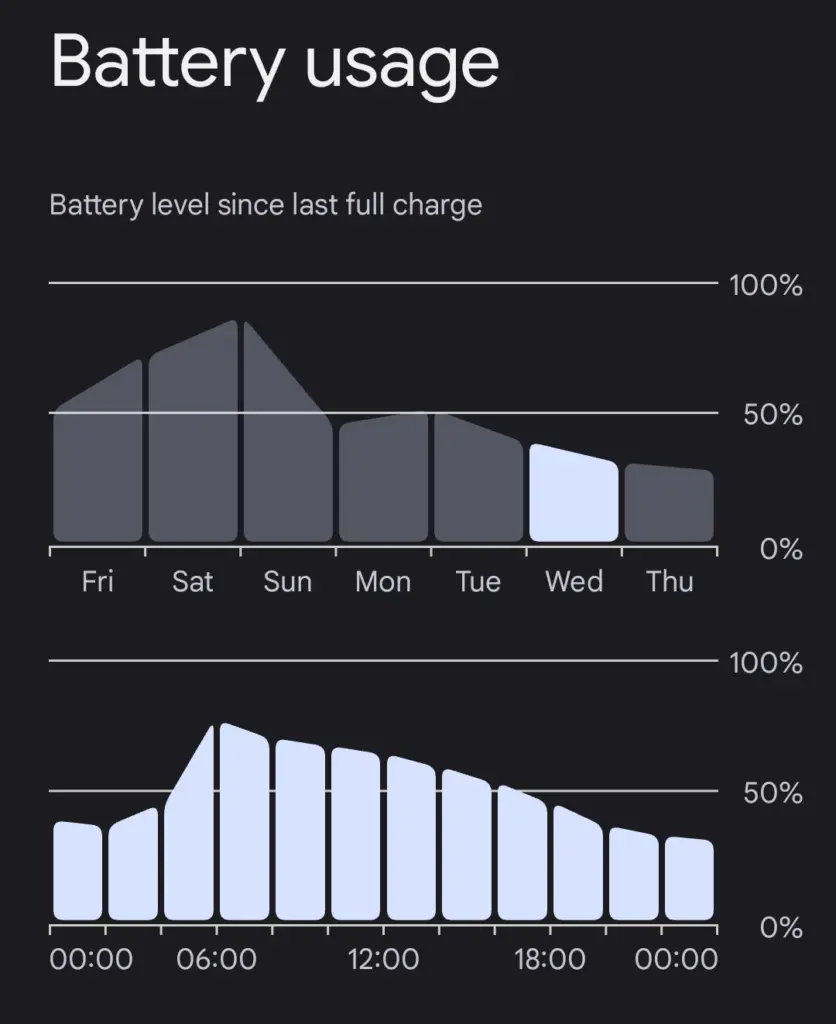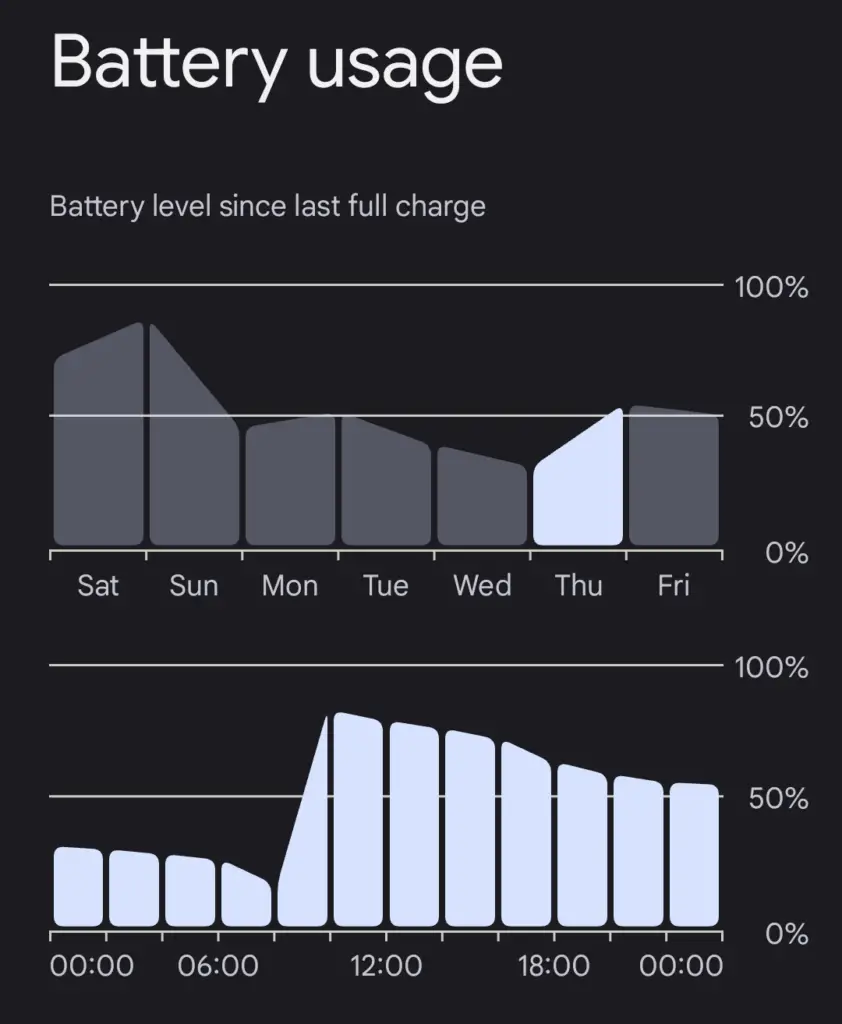If you are an avid smartphone user, you know too well that many factors impact battery life. Dual SIM cell phones use two chips to subscribe to multiple cellular phone companies simultaneously, which is why they're popular for people constantly on the go. But does dual SIM use more battery?
Dual SIM does not require more battery than a single active SIM card. A smartphone that attempts to remain connected to multiple networks takes more processing, but there is little additional power drain. Using both SIMs can increase the number of calls and texts users receive, which may impact battery life.
I used two carriers, Google Fi (T-Mobile MVNO) and US Mobile (Verizon MVNO), for three months. It was easy to use both SIMs on my Pixel cell phone and switch between the services as necessary. Here's what I noticed when it came to battery life.

How Does Dual SIM Affect Battery Life?
Dual SIM use has become increasingly popular in recent years, allowing users to take advantage of different network services and plans. However, a common misconception is that a dual SIM drains more battery than a single SIM.
In my experience, dual SIM does not significantly increase battery drain. I've been using my eSIM and physical SIM for over three months. Then at the end of my testing, I looked at my Android battery levels on the final three days of my trial.

This first graph shows my average battery levels when two SIMs are actively used.

Towards the end of the day on this graph, I deleted my eSIM and went back to using only my primary physical cellular provider.

This last graph represents the power use down during a full day of a single active SIM in use.
In the above tests, I did not receive calls or texts or use mobile data on the secondary eSIM. There were no major differences in battery consumption between each of the testing days.
Is It Better to Use One SIM Card or Two for Optimal Battery Performance?
Regarding battery life, using one SIM card or two in your cell phone will have minimal impact on the power drain. The most significant demands on your smartphone's battery center around screen brightness, total network transmissions, and how much you use the phone's applications and features.
For example, if you have a bright screen and use many applications, your phone's battery will drain faster than if you had a dimmer screen and used fewer applications.
Even if you use two SIM cards, the battery life will not be affected. The two SIM cards will share the same resources, so their impact on the phone's battery will be negligible. In addition, most modern phones come with advanced power-saving features that allow efficient SIM activity when not in use, helping to extend the phone's battery life.
What Is the Best Way to Conserve Battery Life When Using Dual SIM?
Using a dual SIM chip in your cell phone can be very convenient. To ensure you don't end up with a dead cell phone, several steps can be taken to conserve your battery life.
First, when setting up your dual SIM chip, ensure you're treating one SIM as a primary account and the second as a backup number for work or secure compartmentalized. Using one SIM as a subordinate will prevent your cell phone from constantly searching for a signal and draining your battery. You can do this by going into the settings menu on your phone and disabling one of the SIM cards.
The second tip is to avoid activating or using mobile data on your secondary account if possible. Mobile internet requires more transmission processing than voice and text, so limiting your phone's use to just one SIM (or even just using Wi-Fi) will help you save battery life.
Final tip: eject your physical SIM card or disable an eSIM when traveling. If you do not plan to make calls, use standard SMS texts, or consume mobile data while abroad, reducing the negligible amount of processing for your secondary active SIM can save some battery life.

Are There Any Drawbacks to Using Dual SIM?
There are no significant drawbacks to using a dual SIM phone. Battery consumption is similar to single SIM devices. The hardware cost is similar; however, your mobile subscription may be higher. Switching between the active numbers is rudimentary.
The battery life of a dual SIM phone or a single SIM cell phone depends on your usage. If having multiple active SIMs causes more phone calls and standard SMS/MMS messages, then users can expect more power consumption.
Another downside of having dual SIMs is you may have multiple subscriptions attached to the same device. Naturally, your monthly mobile services cost will be higher.
Since most smartphone users have only a single number attached to their devices, mobile operating systems lack good user experience around switching between carriers or phone numbers.
But a shift in smartphone handsets may lead to less concern about the difference between single and dual SIM.
Does the Type of SIM Card Make a Difference in Battery Life?
The type of SIM card used in a smartphone does not impact battery life. A SIM provides an identity on the cellular network and does not require significant ongoing power to perform this function. Embedded SIMs or eSIM chips use less physical space, leaving room for potentially larger batteries.
The industry is shifting from ejectable physical SIM chips to eSIMs.
The physical space saved within smart devices permits manufacturers to use the space for larger batteries. This added room will boost the amount of power available to the device.
eSIMs also reduce manufacturing costs and e-waste in the world related to the use of cell phones. It's estimated that around 4 billion SIM cards are shipped yearly for activation. The embedded SIM is more secure, more user-friendly, and will save reduce this cellphone-related trash.
Do you have more mobile questions? Read the next article. 👇